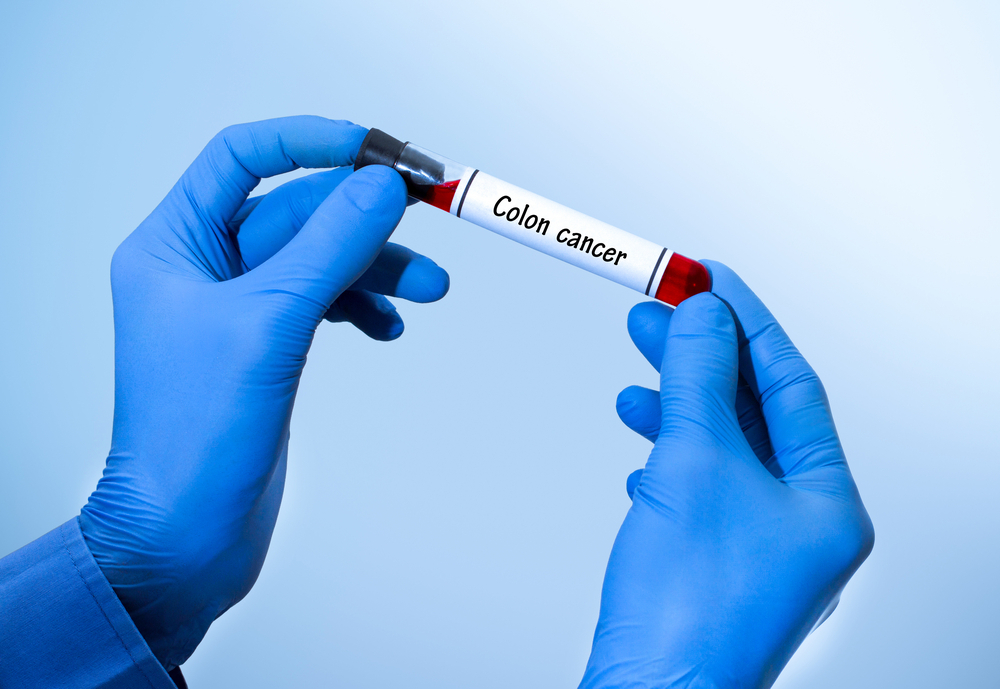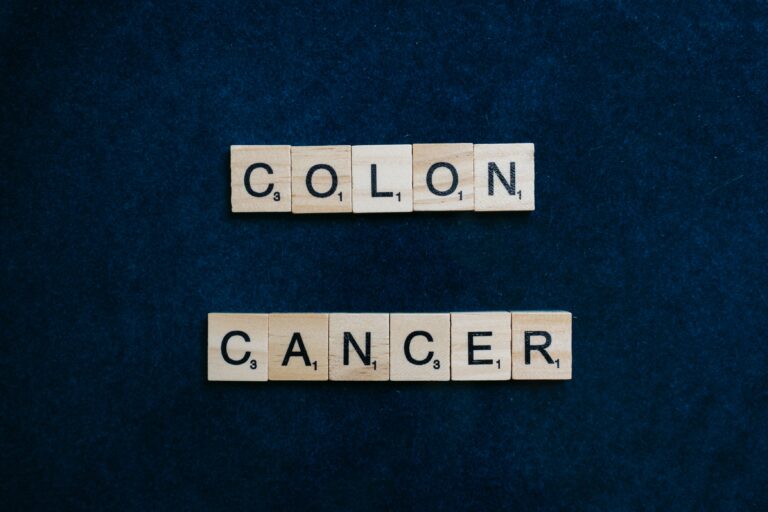The Silent Threat: How to Detect Colon Cancer Early
Colon cancer, often referred to as colorectal or bowel cancer, is a silent threat lurking within our gastrointestinal tract. It’s a dangerous form of cancer because it can grow undetected for years before showing any symptoms. However, early detection significantly increases the chances of survival and successful treatment. This comprehensive guide aims to shed light on colon cancer, emphasizing the importance of early detection through methods such as colonoscopy, and addressing commonly asked questions surrounding this gastrointestinal malignancy.
Understanding Colon Cancer
Colon cancer (or bowel cancer) begins in the large intestine (colon), which is the final part of your digestive tract. Most cases of colon cancer start as small, benign (noncancerous) clumps of cells called polyps. Over time, some of these polyps could grow into colon cancers.
Colon carcinoma (or adenocarcinoma of the colon) is a type of gastrointestinal malignancy. It is a cancer that forms from the inner lining of the colon. Recognizing the early signs of colon cancer can be lifesaving. The terminology—colorectal, bowel cancer, and colorectal cancer—all refer to this condition, stressing its impact on the digestive system.
Are you looking for an experienced Gastroenterologist in Dubai? Book an Appointment with Dr Neil Galletly Today!
The Importance of Early Detection
Early detection of colon cancer through screening such as colonoscopy is crucial. A colonoscopy is not only diagnostic but also preventive. During a colonoscopy procedure, polyps can be removed before they turn into cancer. Colonoscopy screening has an important role in cancer prevention and cancer detection.
FAQs about Colon Cancer
Is Colonoscopy painful?
No. Colonoscopy is usually performed safely under deep sedation which ensures pain-free colonoscopy and an easy procedure.
Is cancer of the colon curable?
Yes, colon cancer is curable, especially when detected early. Early-stage cancer can often be removed through surgery, and the survival rates are significantly higher.
What are the warning signs of colon cancer?
Warning signs include changes in bowel habits, blood in stool, abdominal discomfort, weakness or fatigue, and unexplained weight loss. However, early stages of colon cancer might not produce any symptoms which is why participating in medical screening such as with colonoscopy is so important even if you do not have any symptoms.
What does colon cancer pain feel like?
Colon cancer pain can vary widely. It might manifest as abdominal pain or discomfort, bloating, or a feeling of fullness. The nature of the pain can be a dull ache or severe cramping.
Can you survive colon cancer?
Yes, survival rates for colon cancer are encouraging, particularly for those diagnosed at an early stage. With advancements in treatment, many people continue to live long and healthy lives after their diagnosis.
Is Stage 4 colon cancer curable?
While stage 4 colon cancer indicates that the cancer has spread to other parts of the body and is more challenging to treat, there are still treatment options available. These can include surgery, chemotherapy, radiation therapy, and targeted therapy. Though curing the cancer might not always be possible, these treatments can help prolong life and improve its quality.
Prevention and Early Detection
The best defence against colon cancer is prevention and early detection. Lifestyle changes such as a diet high in fruits, vegetables, and whole grains, regular exercise, maintaining a healthy weight, limiting alcohol consumption, and quitting smoking can reduce your risk. Moreover, regular screenings like a colonoscopy can catch cancer early when treatment is most effective.
In addition to lifestyle adjustments, understanding the risks, such as family history, and discussing them with your healthcare provider can tailor an early detection plan that’s right for you.


